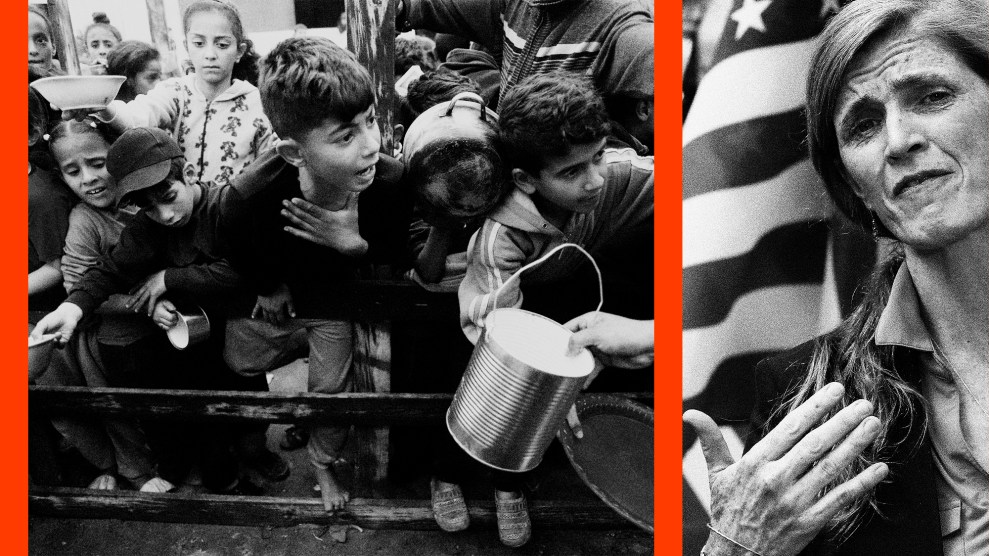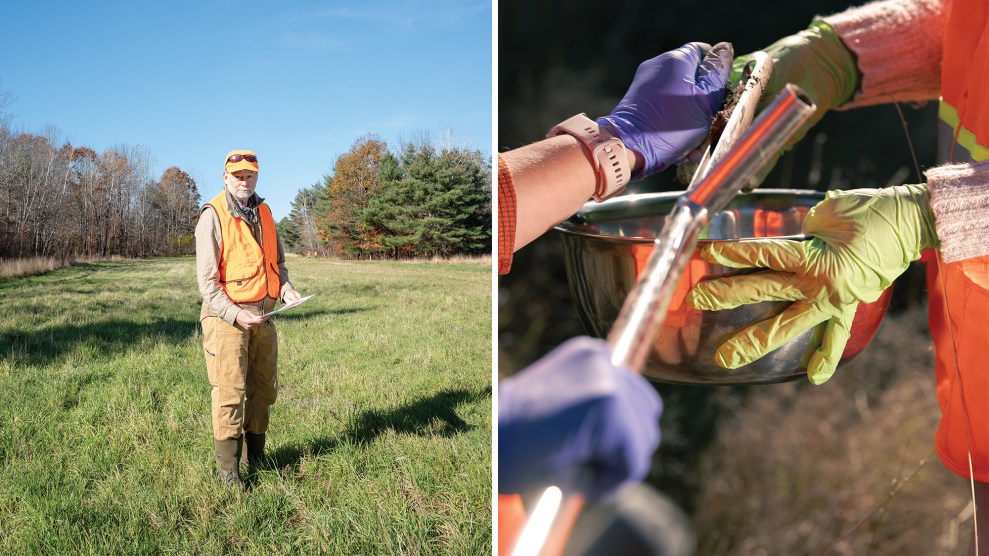From Lydia DePillis, after reporting the news that McDonald’s will no longer serve Heinz ketchup in its restaurants:
U.S. burger eaters probably won’t notice much of a difference, since McDonald’s was only using Heinz ketchup in its Minneapolis and Pittsburgh markets; the rest is private label.
Wait. What? Minneapolis and Pittsburgh? What’s up with that?
Pittsburgh is easy. Presumably this is a sop to local sentiment since Heinz is headquartered in Pittsburgh. But why does Minneapolis get Heinz ketchup? Is that where it’s made? No: According to Wikipedia, most Heinz ketchup is made in Fremont, Ohio. Nick Halter of the Minneapolis/St. Paul Business Journal asked Mickey D’s about this, and could only report that “McDonald’s spokeswoman Lisa McComb did not say why the restaurant still used Heinz in Minneapolis.”
Did not, or could not? We need answers, people.













